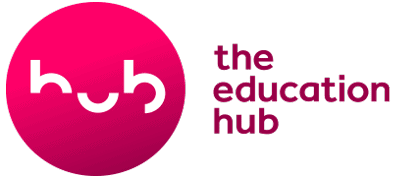Notice: Trying to get property 'ID' of non-object in /var/www/theeducationhub.org.nz/wp-content/plugins/sfwd-lms/themes/ld30/templates/topic.php on line 80
This week we are aiming to:
This will involve:
Watch a video
Introducing me!
Read
The relationship between assessment and intentional teaching
Effective assessment practice is hugely important in supporting children to achieve positive outcomes because effective assessment practice is as much about informing teachers’ intentional actions so that they best support learning, as it is about making judgements about children’s acheivements. Assessment is about figuring out the meaning of children’s play and learning so that we can take appropriate and intentional action to support it. Intentional teachers help children make the most of the varied opportunities and experiences that their settings and programmes have to offer through techniques such as active involvement in play, questioning, scaffolding, and co-constructed and sustained conversations involving shared thinking. Research suggests that when teachers use these kind of intentional teaching strategies, children make more progress. Ultimately, the quality and responsiveness of our intentional teaching depends on the quality of our assessment of children’s play and learning. Assessment can help us with the following aspects of intentional teaching:
In this course we’re going to look at how we use assessment for all of these functions. We will also focus on a particular type of assessment: formative assessment. Formative assessment is the kind of assessment activity that informs the next steps for teachers to support children’s learning, such as planning and providing activities, interactions and environments that will extend children’s learning. In contrast, summative assessment is about ‘summing up’ a child’s current achievements, skills and knowledge at a specific point of time, and might be useful, for example, at school entry. However, summative assessment is much less useful for informing subsequent teaching. Rather than assessment of learning, assessment should be for learning, for informing and improving the effectiveness of subsequent learning and teaching.
Formative assessment is going on all the time as we observe and interact with children. It is involved when we respond in the moment to something we hear the child say or see them do, as well as when we record our observations and reflect on them through the format of a learning story. Formative assessment is best understood as including the range of ways, informal and formal, in which we observe children’s learning, try to interpret and understand what is happening for the child, and then put that understanding to good use by being intentional in our teaching and planning.
In this course, we’re going to be looking at formative assessment in a more formal sense, involving reflection and analysis in relation to documented observations, particularly written assessments such as learning stories and other forms of pedagogical documentation used to inform learning and teaching. The learning story is the tool for assessment we are going to use in this course, although the skills we employ for writing a learning story can be applied to all kinds of written and reflective forms of pedagogical documentation. Not all assessment is formal (in fact, much is informal assessment that occurs in the moment when you play and learn alongside children) and not every recorded assessment needs to be in the format of a learning story. However, learning stories are a method of assessment recognised by both the Ministry of Education and the Education Review Office.
Further reading
Learn more about the principles that underpin effective pedagogy and curriculum design in this guide.
Summary
The important points to take away from this introductory module are:


